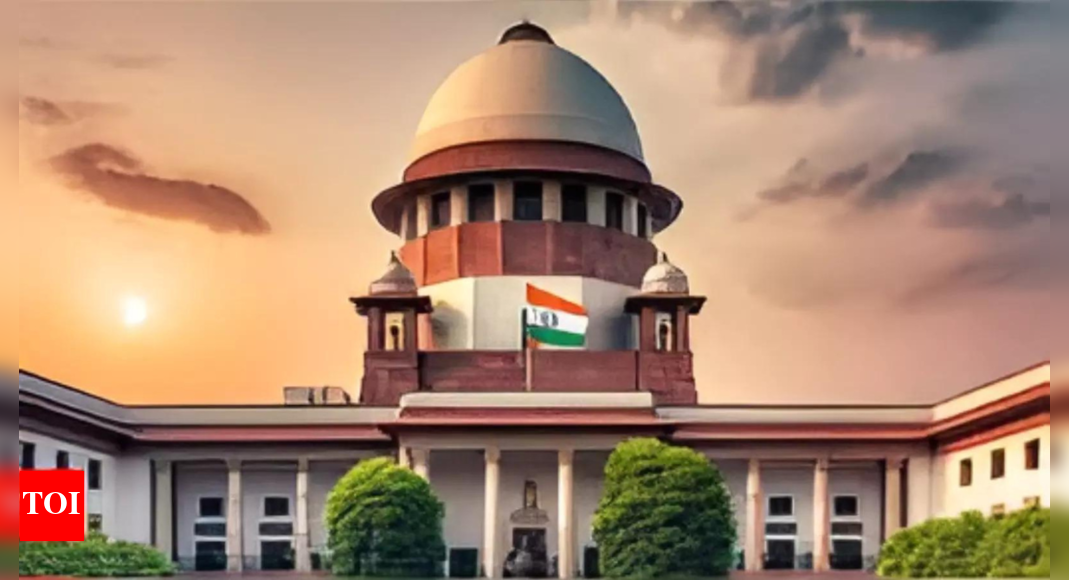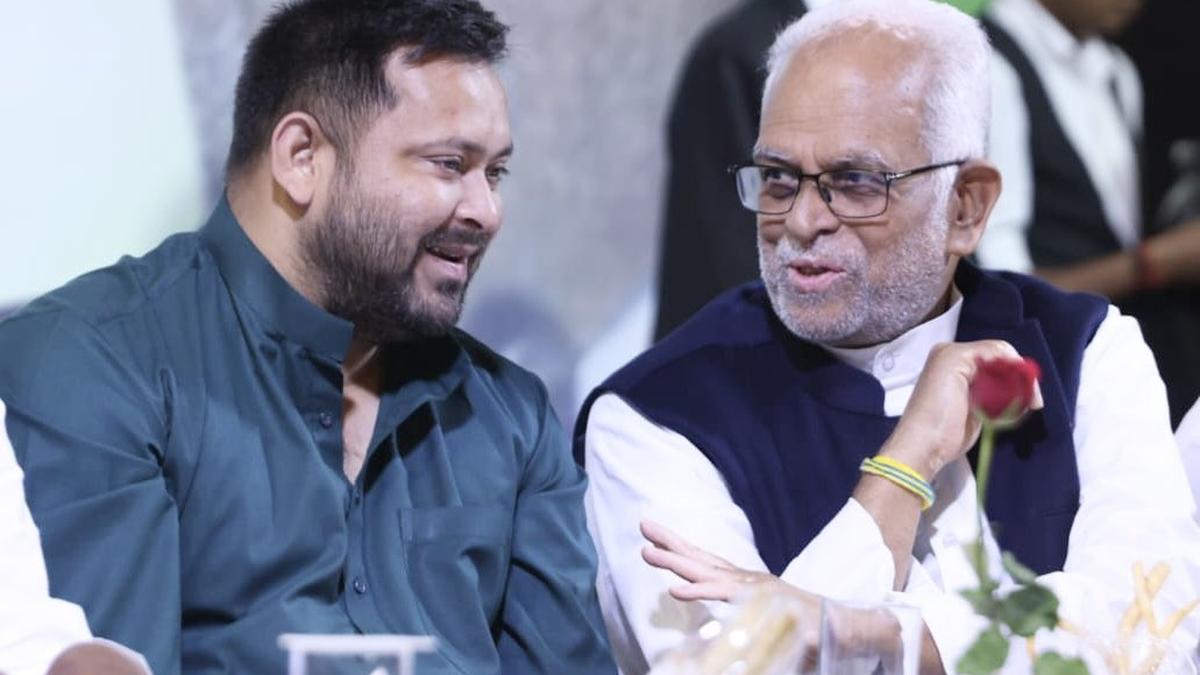Now Reading: West Bengal Challenges Governor’s Bill Discretion in Supreme Court
-
01
West Bengal Challenges Governor’s Bill Discretion in Supreme Court
West Bengal Challenges Governor’s Bill Discretion in Supreme Court

Fast Summary
- west Bengal government warned the supreme Court that granting governors unchecked discretion over state bills could hamper legislative functions and negate the will of the peopel.
- Senior advocate Kapil Sibal argued that the Constitution does not allow for governors to dominate legislative or executive roles within states.
- Sibal emphasized that withholding assent indefinitely or avoiding communication about bills disrupts constitutional processes and democratic principles.
- The argument counters the Centre’s position that a governor’s decision on bills is not subject to judicial review, which could risk creating a “super-constitutional office.”
- Advocates from Karnataka and Himachal Pradesh supported this view, underscoring India’s federal structure where states are co-equal with the Centre in their respective legislative domains.
- Time limits for decisions by governors or the President where proposed as essential to prevent undue delays in opposition-led states.
Indian Opinion Analysis
The debate surrounding gubernatorial powers raises critical questions about federalism and democratic accountability in India. Governors stalling bills may lead to significant delays in implementing policies voted for by state legislatures, potentially undermining state autonomy. Legal scholars echoed concerns of an imbalance between state governments’ authority and centralized oversight if such discretion remains unchecked.
The issue stresses harmony between legislative bodies, executives, and constitutional heads-a principle integral to India’s governance model. While prescribing timelines for bill approvals would expedite lawmaking,it should avoid infringing upon constitutionally enshrined powers. The Supreme Court’s judgment has implications for maintaining a balance between responsive governance at both central and state levels while respecting democratic ideals.

























